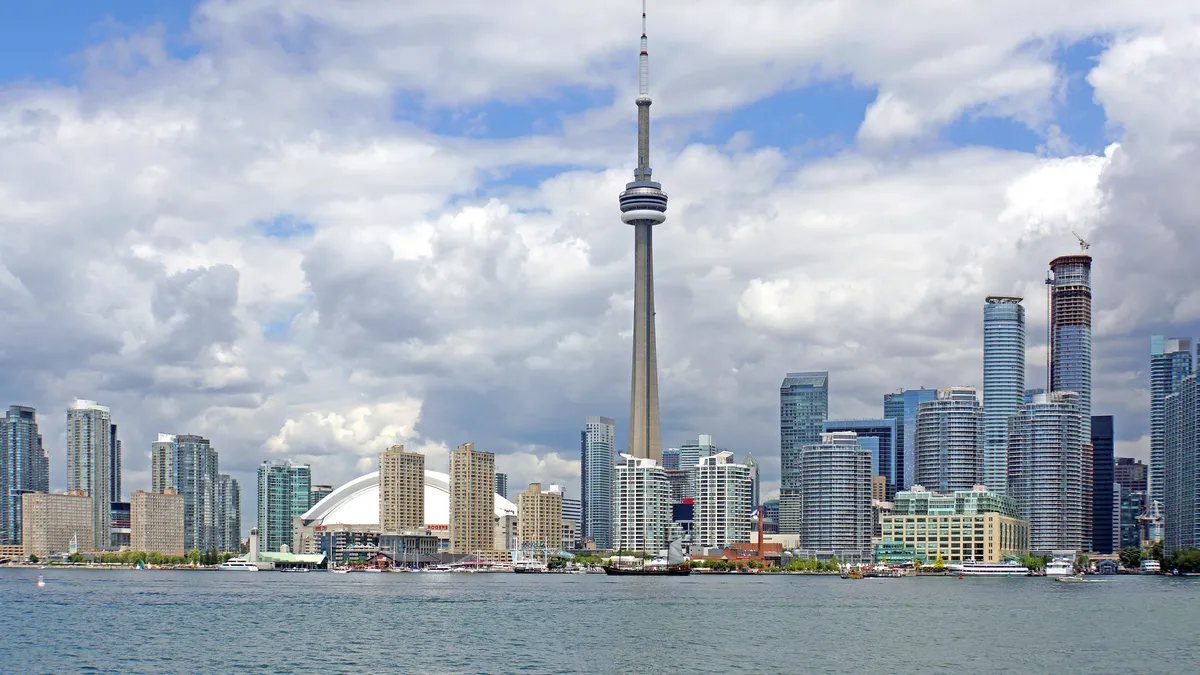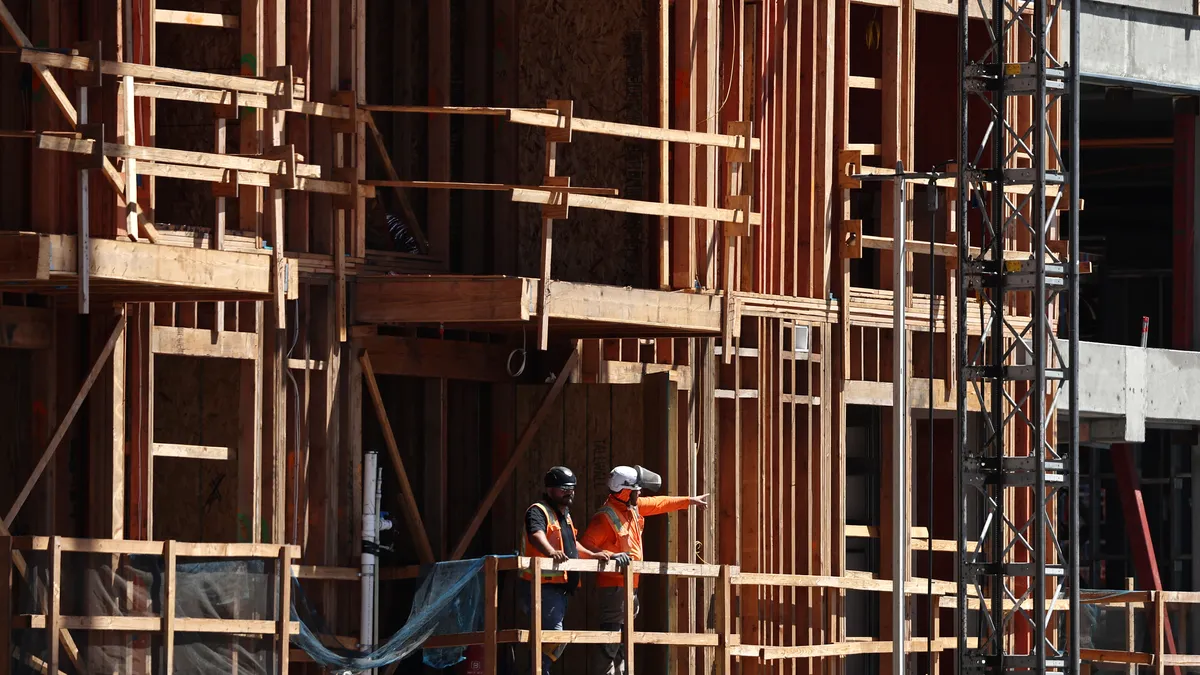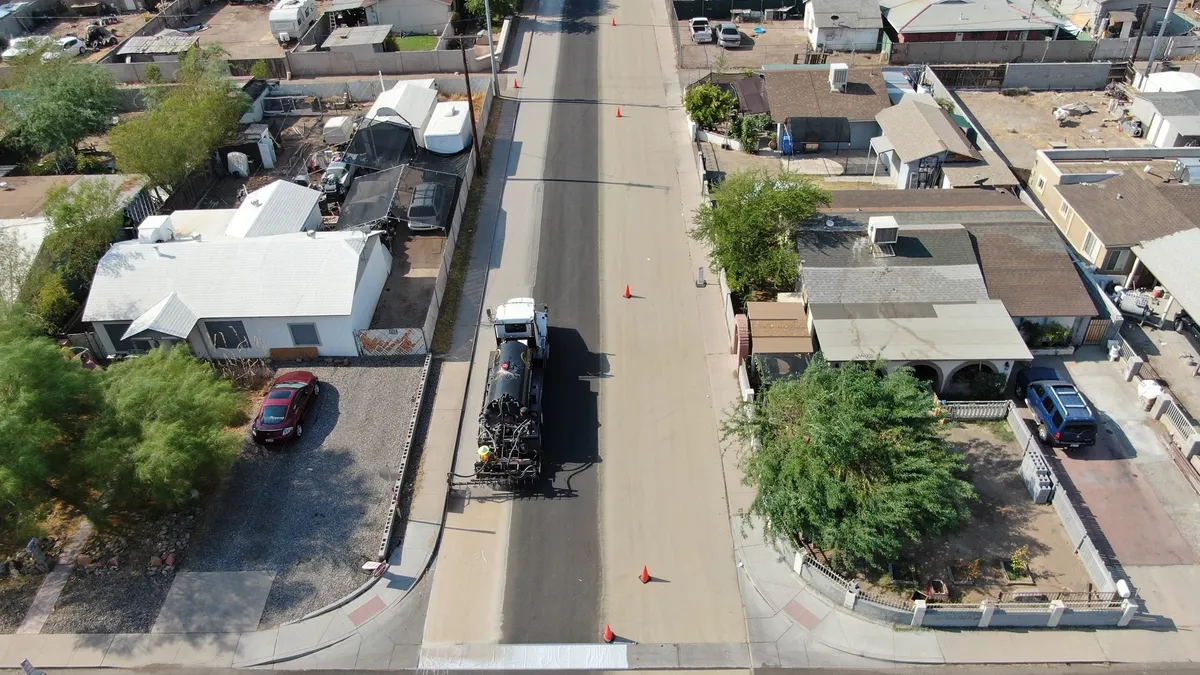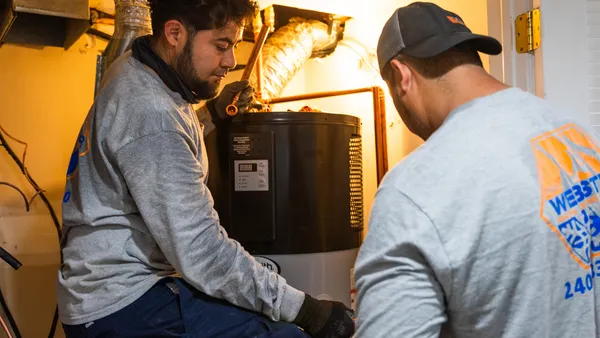Dive Brief:
- Sidewalk Labs, the urban innovation company of Google parent Alphabet, will begin testing some of its smart city technologies for its proposed Toronto project this summer, according to Reuters and others.
- The company hopes to break ground on the project in 2020, Reuters reports, with CEO Dan Doctoroff noting residents could start moving in as early as 2022. Sidewalk Labs could open a waterfront office this summer too, where it will showcase some of the available technologies.
- This is the first timeline that has been disclosed for the project, which would need approval for its development plan by the Sidewalk Labs and Waterfront Toronto boards to stay on schedule.
Dive Insight:
These pronouncements by Sidewalk Labs represent a significant step forward for this project, the first of its kind in North America that led some to suggest — perhaps misleadingly — Toronto will be the world’s first “smart city." The plan, announced in October, touts features including autonomous vehicles (AVs), a fossil fuel-free grid, flexible-use buildings and the use of robots for waste management among others.
Doctoroff appears confident of success and of translating Sidewalk Labs’ efforts in Toronto into something broader, depending on how long it takes this first iteration to get off the ground. "Quayside will be a prototype for a broader opportunity," Doctoroff told Reuters. "What we’re trying to do, no one has really succeeded in doing." It has set an ambitious timeline, and if it is to have a 2020 ground-breaking, the company would need to work hard to ensure all necessary approvals in a relatively short time span.
But the project is not without its skeptics, including in the offices of Canada’s local and provincial governments. Toronto Deputy Mayor Denzil Minnan-Wong bemoaned the project’s apparent secrecy in an interview with the BBC, and the lack of specifics on the deal between the city and Sidewalk Labs. "In any deal I get something and you get something," he said. "What exactly are we getting from Sidewalk and what are we giving for it?"
Doctoroff has promised transparency in how the company deals with personal information, and pledged to be good partners with Toronto before moving on to other cities. "We’ve got to get it right here," he told Reuters. And with Canada increasingly looking to invest in smart city research and technology, both on the national level with the Smart Cities Challenge and on the local level with smaller cities like Kingston, Ontario, this project is sure to continue to receive a great deal of attention and scrutiny.











